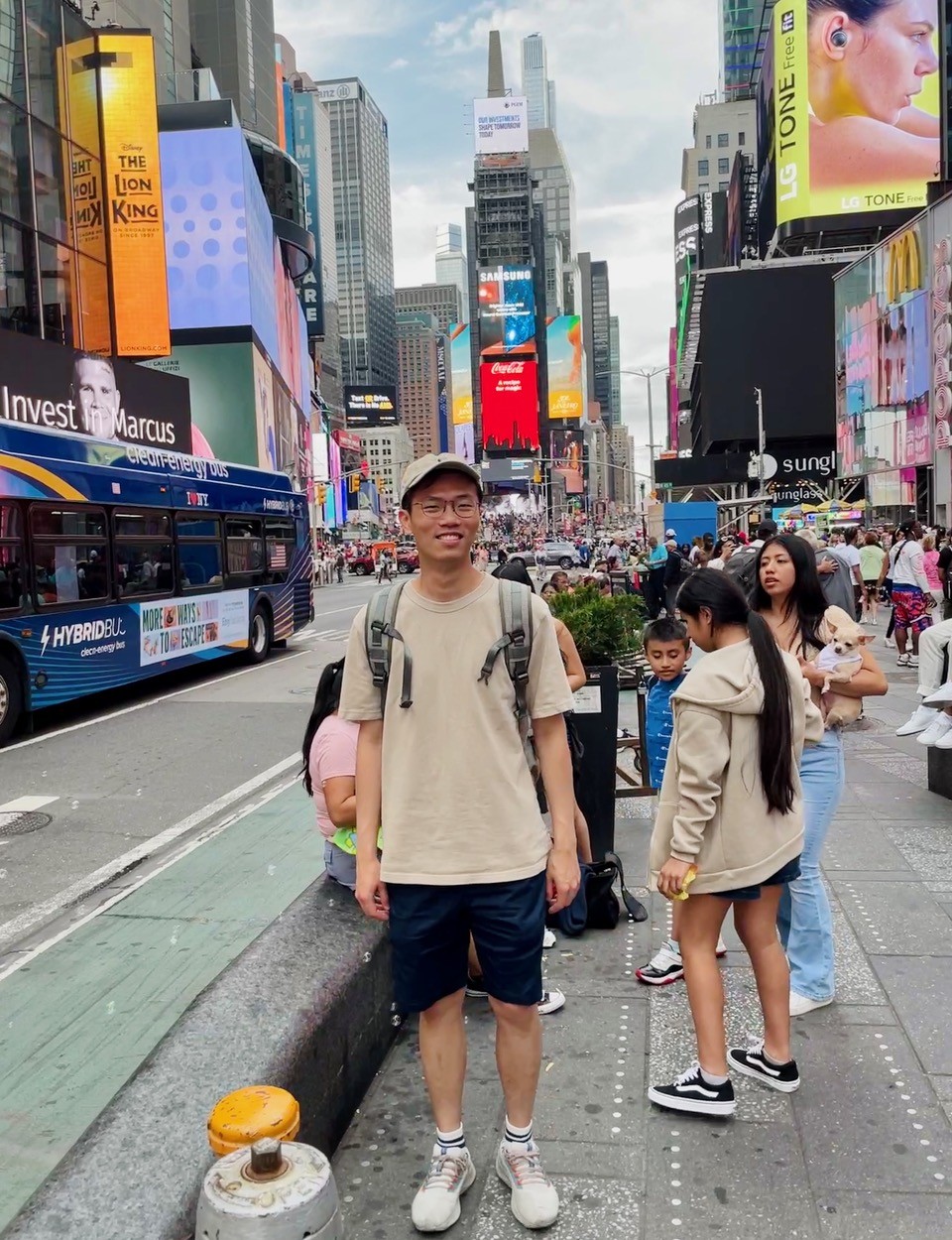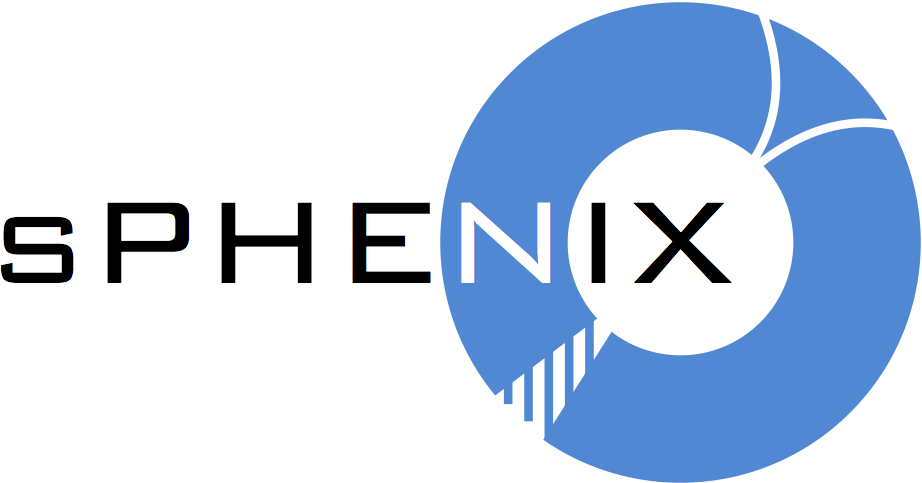
How long have you been working in sPHENIX and at what institution?
I am a graduate student at MIT and have been working on sPHENIX since the summer of 2022.
What is the focus of your work on the sPHENIX experiment and thesis title?
My work spans both hardware and analysis efforts. I contributed to the construction, cabling, and testing of the MVTX power, readout, and cooling racks prior to Run23, as well as to the initial beam background studies before the RHIC incident. In parallel, I developed the analysis framework for the charged hadron multiplicity (dNdEta) measurement using MVTX. However, MVTX took little usable data during Run23 due to the beam background. Given my familiarity with the analysis, my supervisor encouraged me to join the dNdEta analysis effort using INTT data, which was recently published. During the first half of Run24, I focused on the dNdEta analysis with Run23 Au+Au data, contributing to various data quality checks and updating the INTT simulation geometry for improved geometric description. In the latter half of Run24, I returned to MVTX-related tasks, covering expert shifts and essential maintenance, and developing an automated cluster QA check, later integrated into the silicon QA by another graduate student. I also updated the MVTX simulation geometry based on survey results. During the Au+Au commissioning, I participated in the beam configuration scan and provided quantitative feedback. Afterward, I resumed the dNdEta analysis with Run24 Au+Au data and continued focusing on the PPG in the spring 2025, while supporting MVTX expert operations. With the paper now on arXiv, I have shifted (again) my focus to tracking/heavy-flavor physics and MVTX tasks.
My tentative thesis title is the measurement of Ds+/D+ ratio in Au+Au collisions.
Where did you grow up and what is your educational background before your current position?
I grew up in Taiwan and completed my undergraduate and master’s degrees at National Central University.
Awards or biggest talk highlight?
I received the Excellent Graduate Thesis Award from the Physical Society of Taiwan in 2020 for my master’s research, during which I served as the analysis contact for a paper on the search for a rare Higgs boson decay. My biggest talk highlight was “sPHENIX measurements of collective behavior in small and large systems” at Quark Matter 2025, where I presented sPHENIX’s first two physics results.
How did you decide to go into heavy ion or spin research?
I wanted to do something different from my previous works and studies.
What do you like to do in your spare time?
I like listening to music and podcasts, watching TV shows and movies, and experimenting with new recipes. When I am at Boston, I enjoy taking afternoon walks along the Charles River. Early this year I also played basketball at BNL gym.
Fun fact?
I studied piano and violin before high school and performed the first movement of Schumann’s Piano Concerto in A minor during my final year of junior high. I hope to pick it up again sometime soon!
